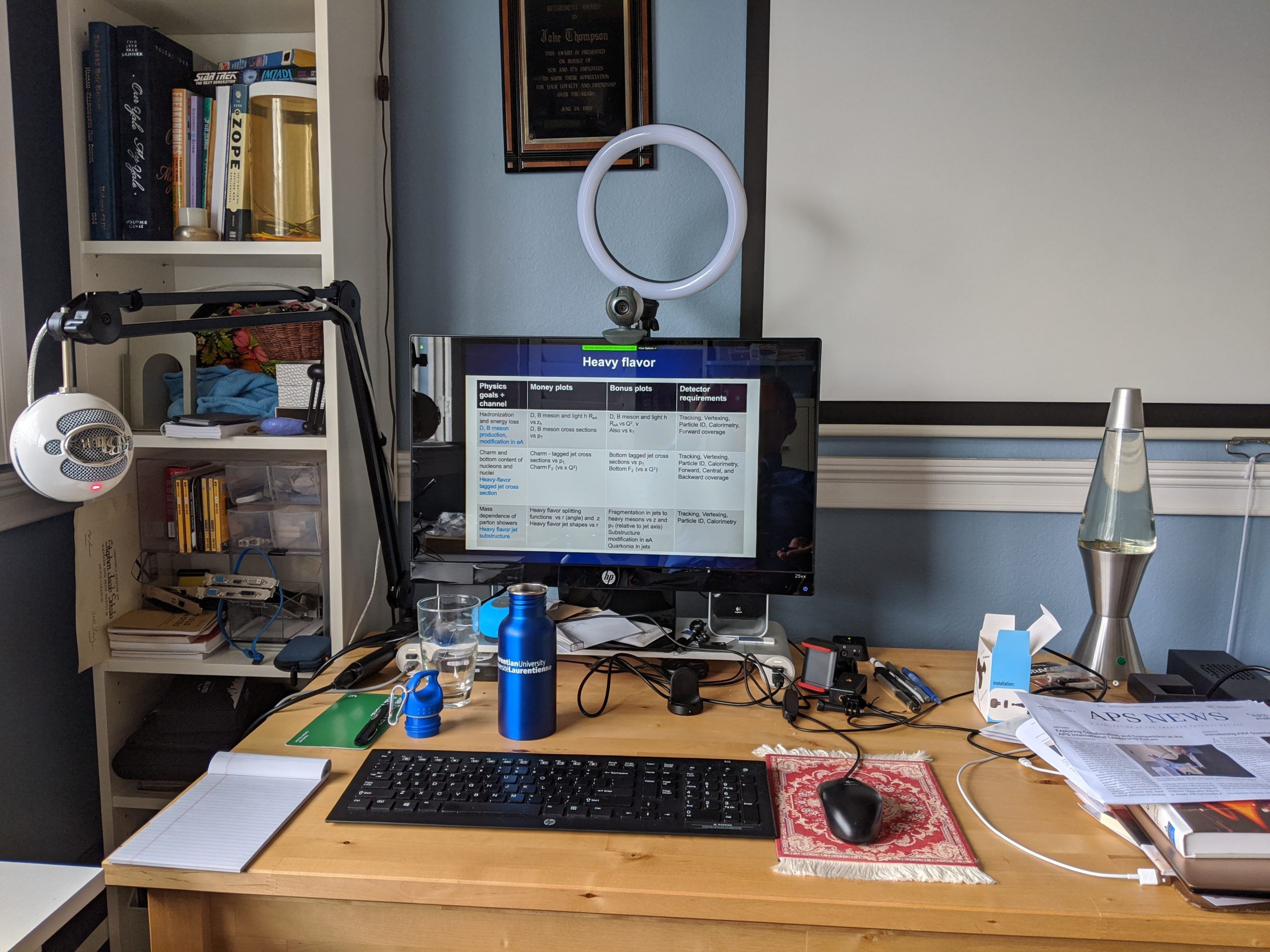In a lifetime, your chance of dying from heart disease is 1 in 5. Your chance of dying in a car accident is 1 in 272. Your chance of dying while walking is 1 in 623. Your chance of dying due to drowning or accidental submersion is 1 in 1073. Your chance of dying due to exposure to forces of nature is 1 in 2866. Your chance of dying from intentional assault (excluding terrorism) is 1 in 207. What is your chance of dying, over a lifetime, from an act of terrorism?
While the definition of “terrorism” is being changed everyday by modern fear culture, using the classical definition of ” . . . a random act of mass destruction perpetrated against a group of civilian targets . . . “, we can explore two different scenarios. In the year 2006, your chance of dying from a terrorist attack was < 3/298,362,973, or less than 1 in 99,454,324, at the 95% confidence level. For a person born in 2006, their life expectancy is 77.7 years. That means their integrated lifetime probability of dying in a terrorist attack is less than 1 in 7.7 billion. Why a limit? The data used here [1] came from the National Safety Council in 2006, and there were no deaths of U.S. civilians due to terrorism in 2006; therefore, one has to apply Poisson statistics and use the upper limit on the number of deaths (at 95% confidence level) in a given year. Granted, this number is unstable over time since it’s so small in a given year, but even taking a extreme year like 2001 into account (where 3000 people died in the U.S. from an attack) the integrated lifetime probability of dying would be 1 in 13 million.
A false debate has begun recently about airport security. Prompted by the failed attempt to bring down a plane on Christmas, crazies have been coming out of the woodwork calling for tighter U.S. airport security and political officials have been scrambling to say or do something to respond to those voice. But the debate is false for several reasons:
- The failure of security occurred at overseas airports, which while they are required to implement U.S. security procedures for flights in-bound to the U.S. are not themselves under direct scrutiny by U.S. security agencies. Therefore, the failure of foreign agencies to screen passengers is a key failure in this event.
- A wider failure to “connect the dots” on intelligence in U.S. hands contributed to this person being able to fly to the U.S. in the first place. In that sense, airport security wasn’t as direct a factor, since he could have been prevented from flying by paperwork in the first place.
- The technology available to detect the bomb carried by this man exists, is already deployed, but is neither sexy nor headline-grabbing.
Instead of having a real discussion about improving intelligence assembly and action, or a real discussion about how our international partners are creating weaknesses in our security, instead we’re talking about stripping more privacy and rights (and clothing) from passengers in the name of security. But the real irony is the third item above: the technology to prevent such walk-ons exists, but is neither sexy nor controversial and thus uninteresting to the press or people at large.
What tech is this? Dogs and G.E. Air Puffer machines. Dogs have many times more smell receptors than humans, and thus can be trained to respond to even small quantities of certain classes of chemicals [2]. So why aren’t there more bomb-sniffing dogs deployed in airports? I see a growth industry here, if people would just wake up and realize that dogs could be part of the solution to personal privacy that we have been asking for.
The G.E. air sniffers blow short, sharps bursts of air over your clothing and scan for trace amounts of dangerous chemicals, indicative of bomb-making or other shenanigans. I’ve only seen a handful of these at major airports in the U.S., and NONE overseas. I don’t know if they’re effective, but in concert with dogs they must make a for a tight net. Why not spend some of that stimulus money to order more of these, and, heck, even arrange for G.E. to export the technology to foreign airports at prices that can make them a fortune? Why can’t capitalism and existing technology meet and help serve our economy while making us more secure?
Ultimately, the reason that this whole idea of full-body scanning is a joke is simple: suppository weaponry. Imagine a situation where a terrorist hides the components for a weapon up their ass. Body scanners peel away clothing but not flesh and muscle and bone. It doesn’t take much high explosive to blow a hole in a plane, and since plastic explosive can be shaped into convenient forms (that’s what makes it so useful), it’s only a matter of time before a colon bomb becomes the weapon of choice. But inserting that device ought to leave a mess of smells of chemicals on you and/or your clothes, and I’ll bet dogs or puffers can still find it.
Ben Franklin is over-quoted at times like this. I’ll paraphrase him and say that when America cannot safely combine liberty, security, and capitalism, it deserves none of them.
[1] http://www.nsc.org/news_resources/injury_and_death_statistics/Pages/TheOddsofDyingFrom.aspx





